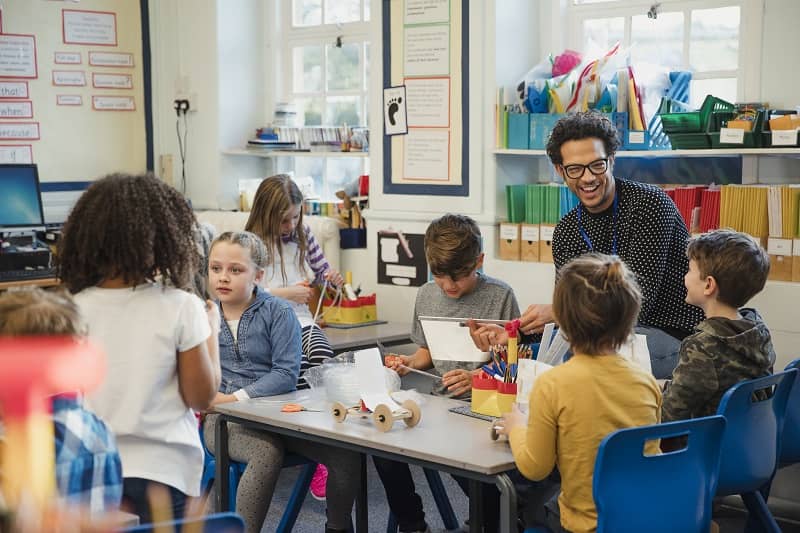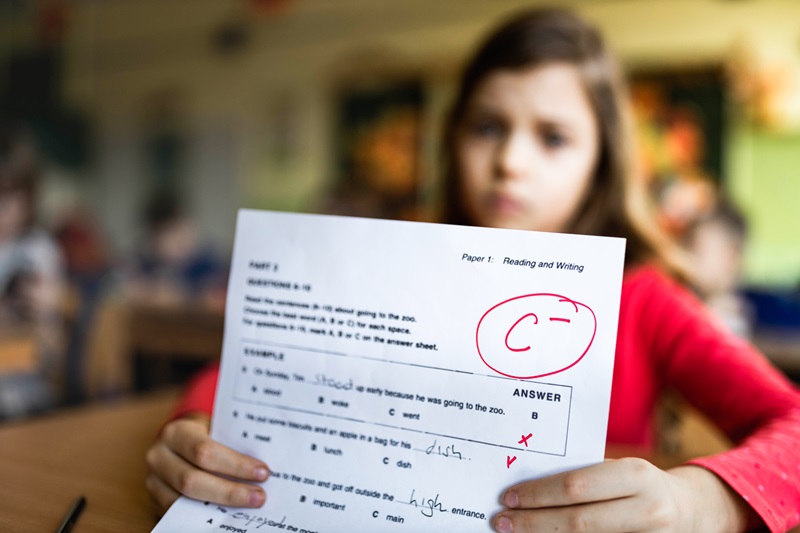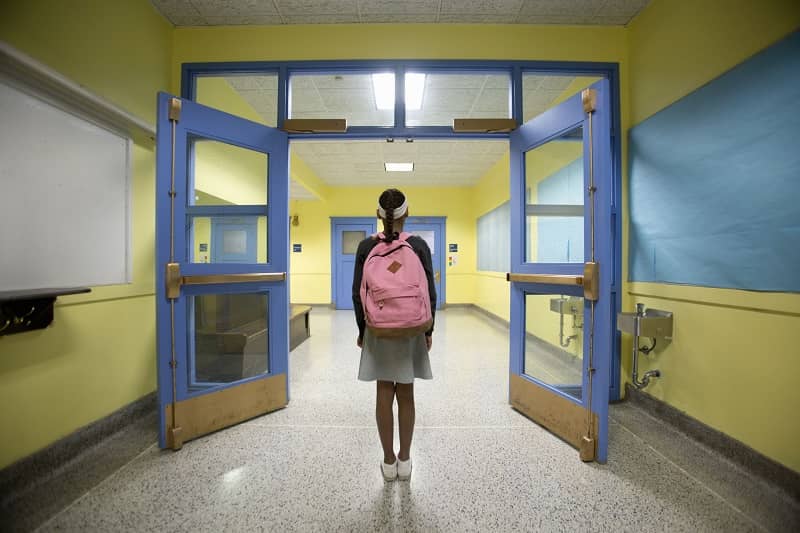Leading by example, Arizona’s government recently passed a bill creating Arizona Empowerment Accounts. Under the new program, if a child with special needs leaves his or her traditional public school, a portion of the state funding that would have gone toward educating that student will go into an education savings account for that student. The money then can pay for other educational options: private school tuition, online courses, tutoring or homeschool curriculum. The money left when the child finishes high school can be used for college within four years of high school graduation.
This program harnesses the benefits of both vouchers and savings accounts. Vouchers have been shown by gold standard social science studies to improve educational outcomes for students who receive vouchers and even for those who remain behind in regular public schools. Nine out of the ten random assignment empirical studies found that vouchers improve student outcomes; one found no impact. 19 out of 18 studies found that vouchers positively impacted regular public schools; only one found no impact.
Vouchers help give kids the intellectual background to better succeed in life, while the savings function of the program will also likely increase students’ financial ability to attend college. Research has shown that having economic assets substantially increases kids’ educational outcomes and likelihood to attend college. Of children who expect to one day graduate from a four-year college, those with savings accounts are six times more likely to attend college by the time they are 23.
Educational savings accounts will empower families to choose the type of education that will best serve their kids, leading to better outcomes for students. Oregon’s legislators should take note and bring such great opportunities to our state.











